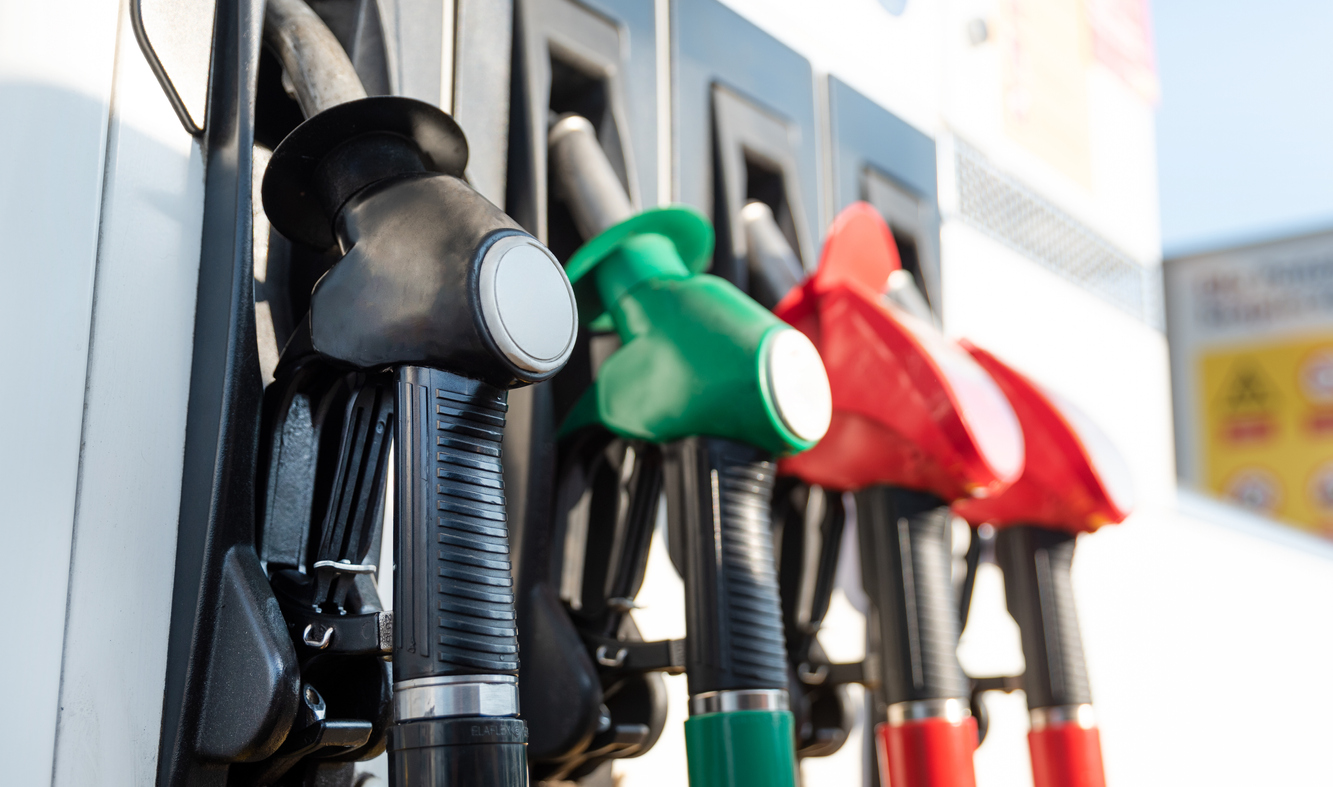Step by Step Guide to Buying and Exporting Refined Petroleum from Angola
Step by Step Guide to Buying and Exporting Refined Petroleum from Angola
Angola is a rapidly developing African country with a strong economy and abundant natural resources. The country is home to one of the largest oil reserves in the world, making it a great potential source for refined petroleum products. If you’re looking to purchase and export refined petroleum from Angola, there are a few things you need to know to make sure the process goes smoothly. This step by step guide will help you understand the process of buying and exporting refined petroleum from Angola and make the most of your experience. It will provide important information on how to find reliable suppliers, what documents and permits you need, and how to make sure you’re getting the best deal. With this guide, you’ll be able to confidently traverse the complex process of buying and exporting refined petroleum from Angola.
Overview of the Refined Petroleum Market in Angola
The refined petroleum market in Angola is highly competitive and has a high turnover. The market is dominated by a few large companies, including the state-owned oil company Sonangol. This means that while there are a lot of suppliers in the market, not all of them are created equal. You’ll want to make sure you’re dealing with a reliable supplier who can provide high-quality products at a competitive price. You’ll also need to make sure that you’re acquiring the appropriate import licenses and permits for your refined petroleum purchases to avoid delays and costly fines. The supply and demand of refined petroleum products in Angola is relatively consistent, so you shouldn’t expect sudden changes in market prices. However, the volume of refined petroleum products exported from Angola varies from month to month due to seasonal influences. You can expect greater exports of refined petroleum products in the summer months when consumption is lower.
Finding Reliable Suppliers of Refined Petroleum
As we mentioned before, the refined petroleum market in Angola is relatively competitive, which means that there’s plenty of choice when it comes to finding suppliers. However, finding the right supplier for your needs can be tricky. A supplier’s reputation can be difficult to determine unless you’ve worked with them before. That’s why it’s important to do your research before you commit to a supplier. One of the best ways to find suppliers is to contact the local oil companies operating in Angola and ask for recommendations. You can also conduct online research to find potential suppliers. Make sure to look for information about the company’s reputation, customer feedback, and trading history. You can also speak with other businesses in Angola to see if they can recommend any suppliers that they’ve worked with in the past.
Understanding Required Documentation and Permits
The exact documentation and permits you need to import refined petroleum products from Angola will depend on the nature of the products you want to purchase. You’ll need to identify the products that you want to import and then find out their codes under Angola’s Harmonized System (HS) Code. If your refined petroleum products will be used for utilitarian purposes, you’ll likely need an “UR” code. However, if they’re being imported for commercial purposes, you’ll need an “CU” code. You’ll also have to determine whether the refined petroleum products are “Harmonized” products or non-“Harmonized” products. If they’re “Harmonized” products, you may only need an HS Code to import them. If they’re non-“Harmonized” products, you’ll need a certificate of origin from the supplier. You’ll also need to determine how much refined petroleum you can import according to Angola’s quota system.
Establishing a Contract with Your Supplier
Before you sign a contract with a supplier, you’ll want to make sure that everything is in order. The contract should include all essential details about the transaction, including the type and quantity of products, price, payment terms, and delivery schedule. You’ll also want to make sure that the contract includes details about what happens if one party fails to uphold their end of the agreement. You’ll want to pay special attention to any language related to quality assurance and liability in the contract. You’ll want to make sure that you’re allowed to conduct quality inspections and that you’re not liable for any damages resulting from faulty products.
Monitoring the Refined Petroleum Quality
After you’ve completed the transaction and your refined petroleum products have arrived, you’ll want to make sure that the quality of those products meets your expectations. But how do you go about doing this? You should first make sure that the refined petroleum products are correctly labeled with the relevant HS codes. You should also inspect the containers the refined petroleum products are being shipped in, as well as their markings, to make sure they’re listed as “Harmonized” products. Once your refined petroleum products have been delivered, you should inspect them to ensure that they meet the agreed upon specifications. If they don’t, you have a few options available to you. You can either reject the refined petroleum products due to non-conformity, accept them with a reduced payment, or accept them but retain the right to take action against the supplier in the future.
Calculating the Cost of Your Purchase
The exact calculation for how much your refined petroleum purchase will cost will depend on a number of factors. These include the type of refined petroleum products that you purchase, the volume of product, the supplier you work with, and the cost of shipping. You can expect the cost of refined petroleum products to be relatively consistent, regardless of the supplier you work with. You can calculate the exact cost of your refined petroleum purchase by first determining the volume of refined petroleum products you want to purchase. Then, you can use an online tool like this one to calculate the total purchase cost.
Securing Payment and Shipping Your Product
After you’ve completed your payment, you’ll want to make sure that your refined petroleum products are shipped as soon as possible. The sooner your refined petroleum products arrive at their destination, the sooner you can start making money from them. You can use a customs broker to expedite the shipping process and make sure that your refined petroleum products are shipped as quickly as possible. You can expect to receive payment for your refined petroleum products a few weeks after they’ve been delivered. If you’re importing refined petroleum products to Angola for the first time, you may want to wait a few months to make sure that the payment is actually coming from Angola. Once you’ve received payment, you’ll have to pay your customs broker and shipping provider. The best way to do this is to open a bank account in Angola.
Potential Challenges of Buying and Exporting Refined Petroleum
There are a few challenges that you may face when buying and exporting refined petroleum products. One common challenge is that you may receive products with a lower quality than what you expected. It may be difficult for you to challenge your supplier about this issue, but you’ll want to make sure that it’s addressed in your contract. Another common challenge is that your refined petroleum products may be detained at the border. In this situation, you’ll want to make sure that you’ve followed all relevant regulations, including the necessary documentation and permits. Finally, you may run into issues with payment. If the importer doesn’t pay you on time, it can be difficult to take action against them. You’ll want to make sure that you’ve included all relevant details in your contract to protect yourself in this situation.
Tips for Buying and Exporting Refined Petroleum from Angola
Now that you know all the ins and outs of buying and exporting refined petroleum products from Angola, you can confidently navigate the process and make the most of your experience. Here are a few tips to help you do that. First, make sure that you know the exact product and volume you want to purchase before you start negotiating with suppliers. This will help you make an informed decision and avoid unnecessary price fluctuations. Next, be patient and persistent during the negotiation process. It may take some time to find the right supplier for you, but it will be worth it in the end. Finally, always








LEAVE A COMMENT
You must be logged in to post a comment.